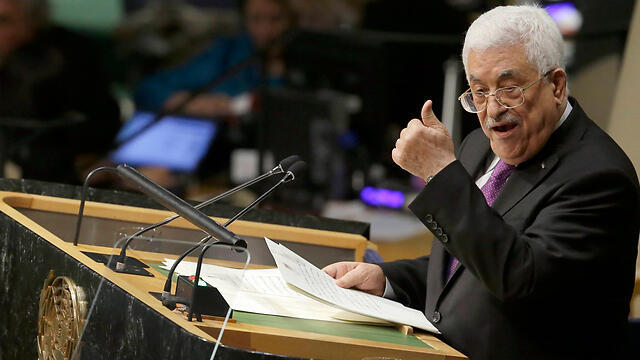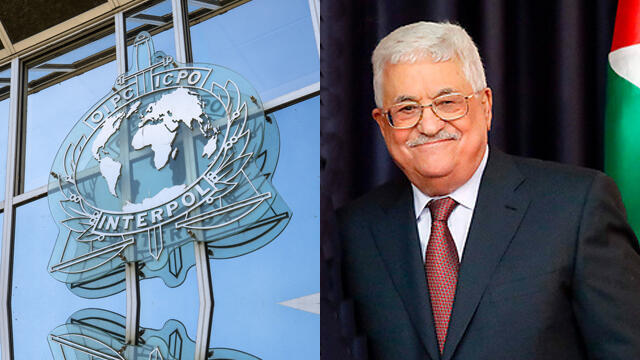Getting your Trinity Audio player ready...
The Palestinian Authority was admitted into the world policing organization Interpol as a member state Wednesday, frustrating efforts by Israel and the US to pressure the organization's Executive Committees to block the move before it reached the general assembly.
Palestinians claimed a decisive victory after the general assembly voted overwhelmingly in favor of acceding to their application by 75 state out of the 133 states who participated in the secret ballot. Only 24 states voted against the Palestinian accession while 34 states abstained.
With the new votes, Interpol will have 192 member states.
Palestinian Foreign Minister Riad Malki hailed the vote as a "victory for law enforcement" and "voice of confidence in the capacity of law enforcement in Palestine." He promised to uphold Palestinian commitments to combating crime and strengthening the rule of law.
Zeev Elkin, Israel's Minister of Environmental Protection and a close associate of Netanyahu, said in retaliation for the Palestinians joining Interpol, Israel should cancel gestures granted to the Palestinians, including work and entry permits, and special travel permits for Palestinian leaders.
Former Israeli Prime Minister Ehud Barak called it "another failure" for Netanyahu.
The Palestinian prime minister applied for Interpol membership in 2015, and submitted a formal letter this July promising not to use the organization "for any political, military, racial or religious interventions or activities" and promising to cooperate with Interpol activities, according to minutes of the Interpol meeting.
The approval vote requires the Palestinians to pay membership dues worth 0.03 percent of the Interpol budget.
Interpol, based in Lyon, France, is an international clearing house for arrest warrants and police cooperation against cross-border terrorism, trafficking and other crime.
Israel had hoped Interpol's Executive Committee, which sets the general assembly's agenda, would decide not to put the Palestinian request on the docket on the grounds that "Palestine" is not a state according to Interpol's own parameters.
However, the committee failed to act on the request and the matter was brought before the general assembly, which voted overwhelmingly in favor of acceding to the PA’s application.
Prior to the vote, the general assembly discussed what its criteria were for new membership and whether they accorded Palestinians eligibility to join.
With Palestinian entry, Israel fears the PA use its new status to issue arrest warrants for top Israeli officials.
Moreover, Jerusalem has voiced another central concern that the Palestinian delegation will now be privy to sensitive classified information regarding terrorism and its financing, which may then leak to Hamas or Fatah.
The Americans aggressively pursued efforts to deny the Palestinians accession to Interpol on the premise that such a unilateral move risks making it increasingly difficult to jumpstart the Israeli-Palestinian peace process again.
Two weeks ago the Americans were successful in convincing the Palestinians to withdraw their request to be a member state of the UN's World Tourism Organization, albeit after threatening the closure of Fatah's Washington offices.



